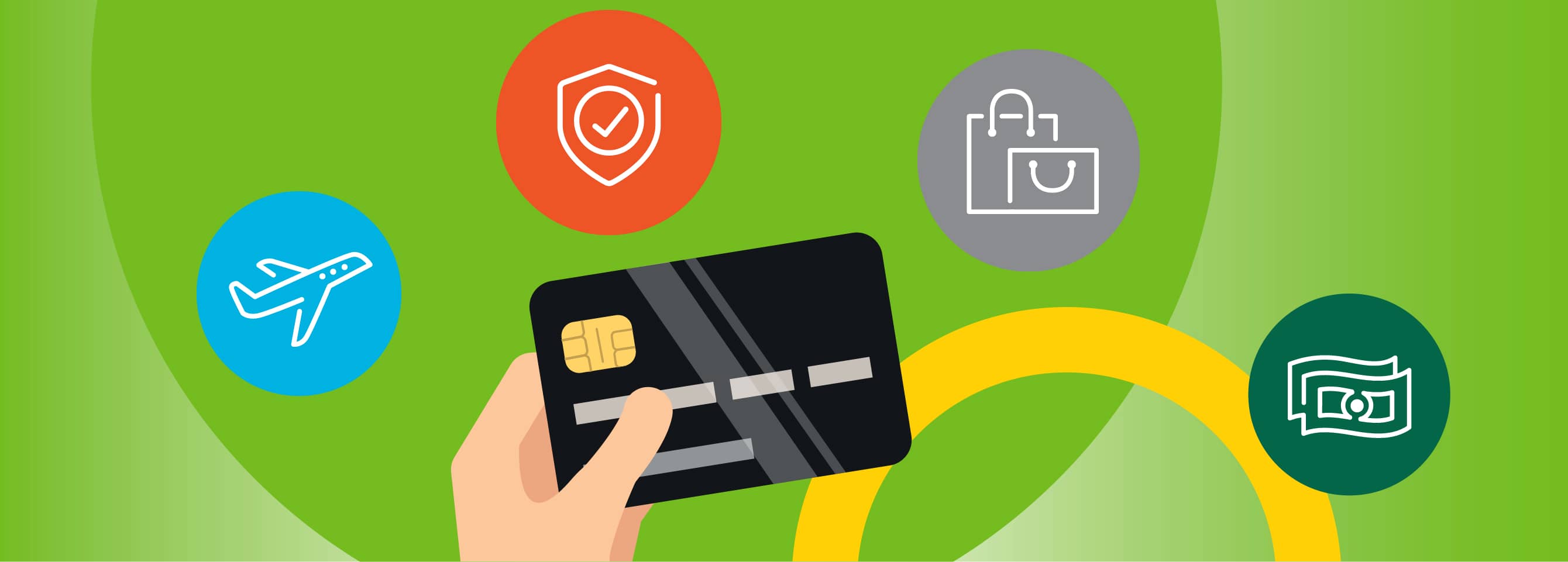Marketing Manager | Posted on | Education
Things to Remember if You Overboard Your Credit Card Limit
0
166 Views
Every credit card comes with a predefined credit limit, which is determined by considering your credit score, age, income levels, and a host of other factors. This credit limit represents the maximum amount of money that you can borrow using your card. Once you’ve exhausted this limit, your card issuer will usually prevent you from using the credit card to make any further payments. This will last until you clear your outstanding dues and free up the limit.
For this reason, it’s important to be aware of your credit card limit. It’s now fairly easy to check the limit available on your card online. For instance, if you have the EMI Network Card, you can perform a quick credit card limit check.

Things to Keep in Mind About Exceeding Your Credit Limit
As a cardholder, you need to know what would happen if you exceed your credit limit. Here are two major consequences that you will experience.
-
Your Credit Score Takes a Hit
This is by far the most damaging repercussion of going overboard with your credit limit. The credit utilisation ratio is one of the most important factors that credit information companies take into consideration when determining your credit score. The lower the credit utilisation ratio, the better your credit score.
Exceeding your credit limit would mean that your credit utilisation ratio would go over 100%, which can cause a significant drop in your credit score. With a lowered credit score, you may find it difficult to get access to loans or other credit facilities in the future.
-
You May Be Charged a Hefty Fee
In addition to your credit score taking a hit, you will also be levied an ‘over-limit fee’ by the card issuers when your limit is exceeded. This over-limit fee can be quite hefty and varies from one card issuer to another.
For instance, some may charge a flat-rate fee ranging from ₹500 to ₹600, whereas others may levy a fee that’s a percentage of the over-limit amount. The over-limit fees can be quite damaging and are an unnecessary additional financial burden.
Things You Can Do to Prevent Yourself from Going Over the Credit Limit
Fortunately, there are some tips that you can follow to ensure that you don’t exceed your credit limit. Let’s take a quick look at a few of them.
-
Keep a Close Watch on Your Credit Limit
Although this might seem very obvious, you would be surprised to know that many cardholders rarely check the available credit limit on their cards. Of late, card issuers have made it extremely easy to keep track of your credit limit. For instance, you can do a quick card limit check on the Bajaj Finserv website or by sending an SMS to a dedicated number. By keeping an eye on your credit limit, you can effectively avoid going over the limit.
-
Keep Your Credit Utilisation Ratio Low
As you’ve already seen before, the credit utilisation ratio plays a huge role when it comes to determining your credit score. If you’re interested in maintaining a healthy credit score, make sure that your utilisation ratio doesn’t exceed 40%.
If you find that your ratio is above 40% or 50%, consider making a lump sum payment to reduce the utilisation. It will prevent you from going over the limit and will have a positive impact on your credit score as well.
-
You can Always Opt Out of Credit Extension
As you’ve already seen, some card issuers automatically allow their customers to go over the limit. However, you can disable this credit extension feature. When you opt out of such a feature, a transaction found to be exceeding the limit will be instantly declined. This will prevent you from exceeding your credit card limit and save you from its disastrous effects.
Conclusion
Now that you’re aware of the consequences of going over your credit limit, ensure that you use your credit card judiciously. The first step to do this is to be aware of your credit limit. If you own an EMI Card, you can perform a card limit check on the Bajaj Finserv platform from the comfort of your home. Also, consider enabling credit card balance notifications if you haven’t already.
That said, if you are feeling burdened by the interest component on your credit card EMIs, opting for no-cost EMI can help you reduce the burden. Not sure how no-cost EMI works? When you opt for such a feature, you will only have to pay the total cost of the product over the tenure chosen by you.
This is unlike a regular EMI, where you will have to pay interest in addition to the cost of the product. Since there’s no additional interest component, you get to reduce your financial burden significantly.
